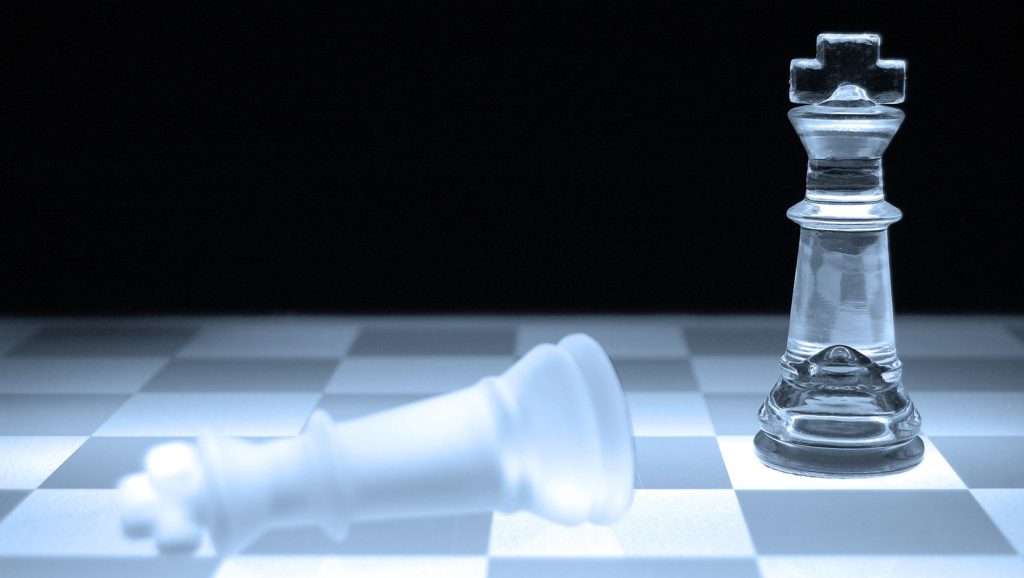
Game theory begins with understanding that every guest is a player in the hospitality market, making choices based on various factors – price, location, brand reputation, and unique offerings.
NB: This is an article from Americas Great Resorts
Subscribe to our weekly newsletter and stay up to date
In this context, hotels can use game theory to predict and influence guest behavior. By anticipating how potential guests might respond to different marketing tactics, luxury hotels can design campaigns that align with their preferences.
For instance, a luxury hotel could offer an early-bird discount, anticipating that some guests will book earlier to take advantage of the deal. This move, in turn, can prompt competitors to adjust their pricing or promotions. Game theory helps hotels anticipate these reactions and decide the optimal time and manner to introduce such discounts, ensuring they gain a competitive advantage while maximizing early bookings.
Pricing Strategies: Outmaneuvering the Competition
In luxury hospitality, pricing is more than just setting a number – it’s a game. Hotels must consider not only their costs and desired profit margins but also the pricing strategies of their competitors. Game theory provides a framework for analyzing these dynamics, helping hotels find the sweet spot in their pricing strategy.
By employing game theory concepts such as the Bertrand competition model, luxury hotels can predict how their competitors will price their rooms in response to their own pricing decisions. This understanding enables them to adjust their prices in a way that attracts guests without sparking a price war that could erode profit margins. The goal is to reach a state of Nash Equilibrium, where no player – hotel or guest – has anything to gain by changing their strategy given the strategies of the others. This balance helps luxury hotels set prices that are competitive yet profitable.
Competing for Luxury Guests: The Strategic Advantage
Luxury hotels aren’t just competing with each other; they’re also competing for the attention of a discerning clientele. In this high-stakes game, the ability to predict and respond to competitors’ marketing strategies is crucial. Game theory equips hotels with tools to analyze the market landscape, anticipate competitors’ moves, and develop counter-strategies.
For example, if a competitor is offering a free night after a three-night stay, a hotel might counter with a complementary spa treatment or dining experience to entice guests. The key is to offer something that differentiates their brand while providing equal or greater perceived value. By using game theory to anticipate and respond to competitors’ moves, luxury hotels can maintain an edge in the market and attract a larger share of high-end guests.




